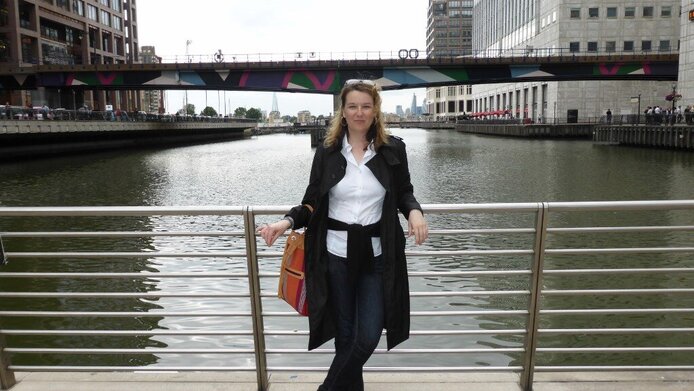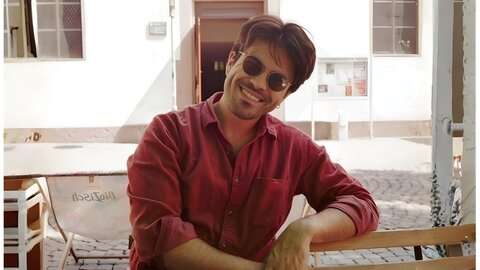Cancer research in London

By Susanne Scheipl
The helpful assistance of my home university, the Medical University of Graz, and the financial support of a Marietta-Blau grant from the Austrian Ministry of Science as well as an Erwin-Schrödinger Fellowship enabled me to undertake three years of research at the Cancer Institute of University College London (UCL).
Tumour biology and genetics
The Cancer Institute is the hub for cancer research at UCL in central London and part of UCL's Faculty of Medical Sciences. On five floors looking out across London, the institute hosts a great variety of ultra-modern laboratories devoted exclusively to research. I had a research post at the Department of Pathology headed by Adrienne Flanagan, a renowned authority in musculo-skeletal pathology. Her research group focuses on investigating the genetics – in close collaboration with the Wellcome Sanger Trust Institute in Cambridge, UK – and cell biology of sarcomas, i.e. tumours of bone and soft tissue.
Looking for new therapies
The group has broken new ground particularly as regards chordoma research. Chordomas are rare, locally aggressive malignant bone tumours. I joined Adrienne Flanagan’s group because chordomas happen also to be the subject of a research project of the Medical University in Graz. Although chordomas grow slowly and rarely form metastases, they have a poor prognosis because there is hardly any treatment for them. In the search for new therapy options in London we screened more than 1000 kinase inhibitors together with Cancer Research Technology (CRT), a high-throughput screening institution, and the international pharmaceutical group GlaxoSmithKline (GSK).
International success
I can proudly report the successful completion of the project thanks to the excellent teamwork. This has not only resulted in long-term collaboration options but has also spawned interesting issues for follow-up projects. The top group of substances from our screening has meanwhile been validated by another laboratory, and a clinical study is in the pipeline.
“The best big city in the world”
Away from work, life in London involved a good many treats I enjoyed in the company of my colleagues: once a month a member of our research group would suggest a place to eat in the evening offering food typical of his or her nationality. For the German-speaking members of the lab, a sausage vendor going by the name of “Herman ze German” soon became a culinary fixture which could relieve our yearning for German-Austrian cuisine at least to some extent. Luckily, there was also time to make trips to all parts of the UK together with my colleagues. Of course, London itself has so much to offer in the way of culture that one can't help enjoying at least certain highlights.
No regrets
Looking back, I can say that my time in London has not only shown me a variety of new scientific methods, but has also given me inside knowledge of a new city, a country and its culture. Co-operation projects have turned into lasting networks and colleagues have become friends. In a nutshell: I have no regrets whatsoever about having taken the decision to embark on this research stay abroad.





